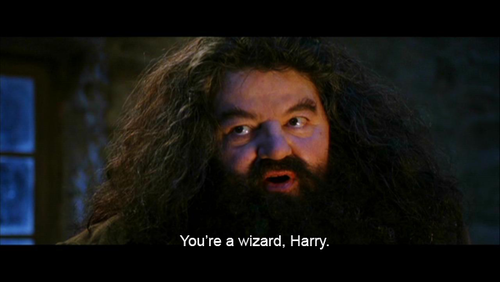When i was little, I used to make weird connections like this all the time- I’d find links between things and network. I used to think that my dad knew the WWE wrestler Booker T, because Dad knew all his stats when we watched the wrestling together on a Saturday arvo pre 2003. Because I assumed this, I also assumed that anyone who appeared on TV with Booker T was his friend… and that my dad also knew him, thus I knew a whole bunch of wrestling meanies and in my head I was prettty much the queen of WWE. Marry me John Cena!
Obviously this is nothing like what we’ve been talking about, but to my 9 year old self. That was as connected as it got. Same goes my logic when it comes to dieting. Chocolate comes from the cocoa bean.. which grows naturally… so it’s a plant…. So chocolate is a salad? Or potato chips- potato = vegetable = healthy.
You’re welcome. Forget the Paleo diet, it’s all about the logic diet. Eat everything. All of it. Just go for it. What’s a box gap?
